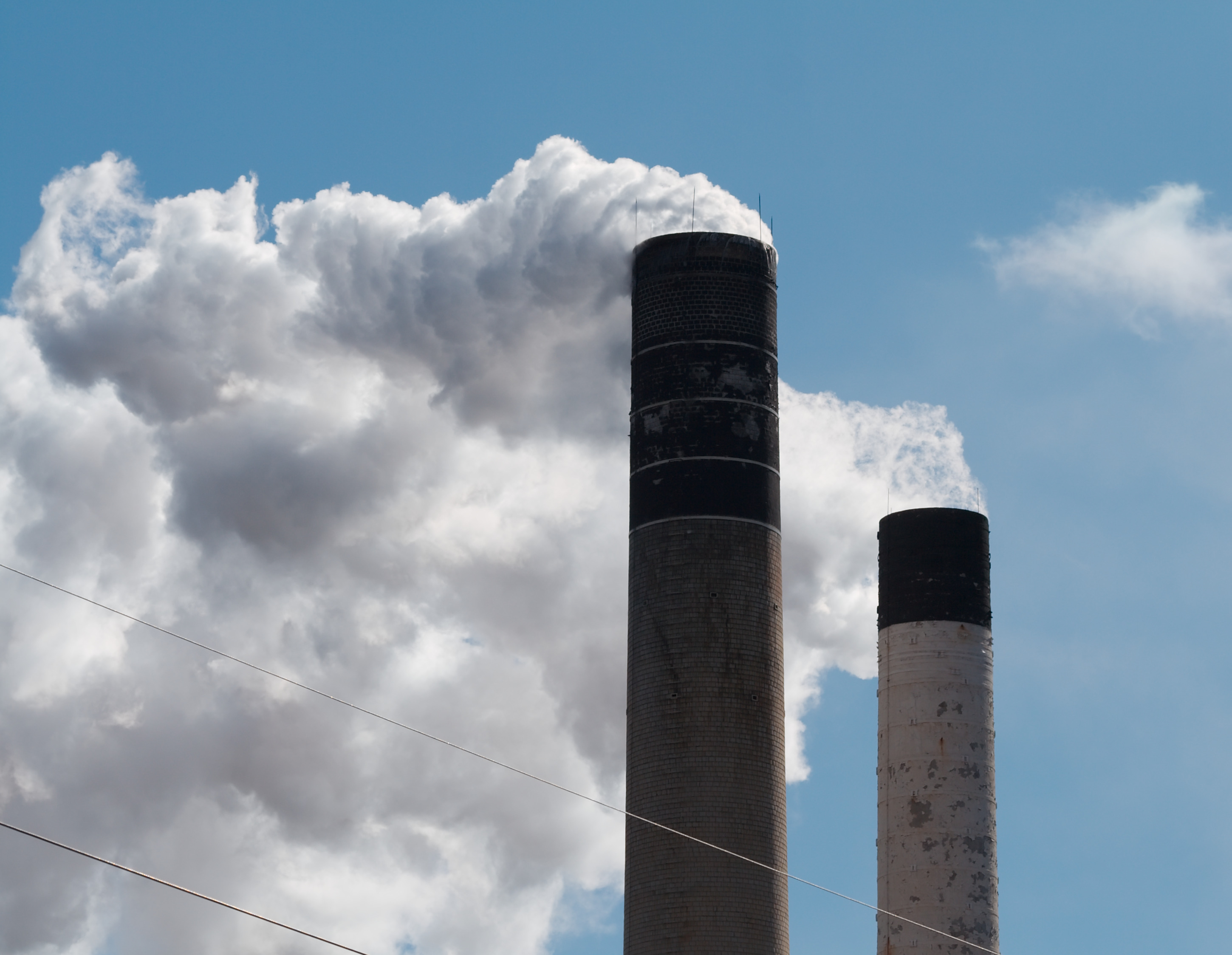
How the Clean Power Plan Reduced Risk and Built Resiliency
The Clean Power Plan reduced risk and built resiliency, protecting and preparing our nation from future threats by addressing the threat of climate change. The announced repeal of the Clean Power Plan by the Environmental Protection Agency (EPA) is a mistake and will undermine our national stability and security.
Failure to address the effects of climate change is a direct threat to our national security. Already, warming temperatures have led to an increase in occurrence and intensity of extreme droughts and flood, a rise in global sea levels, and the melting of the Arctic. While these may seem like environmental concerns, they directly impact the stability and security of our nation. At home, military bases suffer from increasing floods undermining their operations. Extreme weather threatens military preparedness as training days are cut short or canceled all together. Abroad, extended droughts and floods can lead to a collapse of local agriculture, forcing people off their land and into cities. Communities are left ripe for instability as unemployment and frustration grows within cramped urban environments. While instability is not guaranteed, many of the consequences of climate change are. The Arctic will continue to melt, sea level will continue to rise and flood bases, and storms will continue to become more extreme and frequent. If we don’t plan for these outcomes, we risk being unprepared to respond when they occur.
The Clean Power Plan was the first and only federal limit on carbon pollution from existing power plants and a clear step in the right direction. While temperatures are projected to continue to rise into the future due to the delayed effect of emissions, by reducing emissions today there is an opportunity to limit the degree of these impacts. In addition, reducing emissions would have been a clear signal to the rest of the world, encouraging others to mitigate their emissions as well. The CPP would have clearly helped reduce risk and improve resiliency both at home and abroad.
In addition to the climate benefits, the plan helped build resiliency by signaling and supporting a shift to renewable energy. Contrary to recent Trump Administration proposal claiming coal as “resilient”, the U.S.’ reliance on fossil fuels decreases resiliency, leaving our communities and military overly dependent on fossil fuels. The development of a more diverse energy mix increases the resiliency of our civilian grid, making our country more secure. The repeal of the Clean Power Plan undermines this resiliency.
The U.S. must continue to address these threats today in order to avoid long term consequences. Maintaining the ideals of the Clean Power Plan is critical to achieving that goal. Unfortunately, the repeal of the plan will allow power plants to continue polluting unregulated, increasing the disastrous impacts of climate change and undermining U.S. national security.





